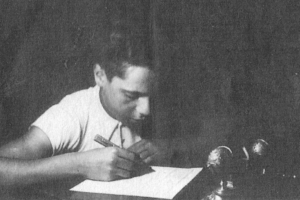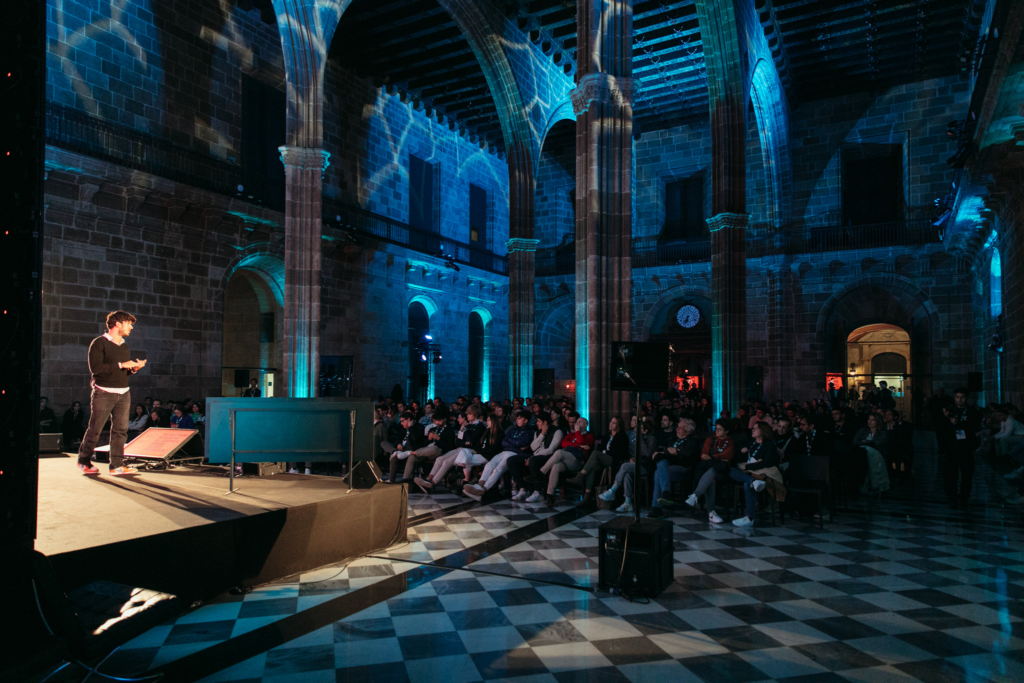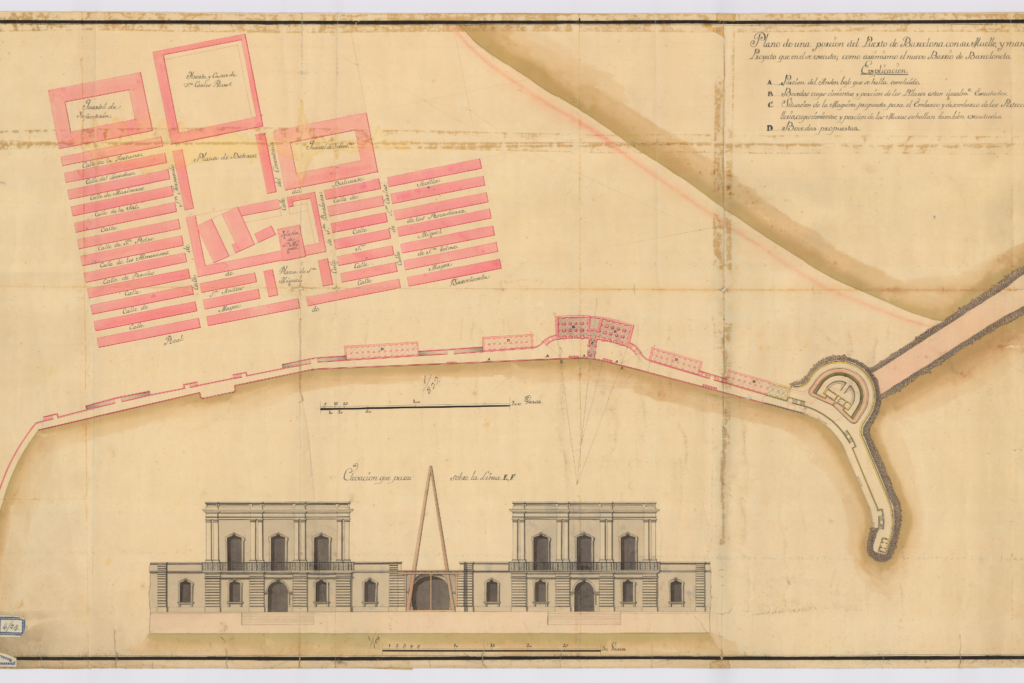
I understand the difference between the COVID-19, flu and cold.
What is a cold? A cold is a viral illness
“If we fill a room with people and ask them if they know anyone who has had cancer, most of them will raise their hands,” explains Júlia Urgel, a PhD student in the Cancer Biology Laboratory of the Department of Medicine and Life Sciences at Pompeu Fabra University.
Cancer is nothing more than “an excessive growth of cells that have lost their identity and function,” says Etna Abad, a PhD student in the same laboratory. A situation of cellular chaos that is often due to the cell losing essential proteins to suppress the appearance of tumors, such as p53.
In Etna’s words, “p53 is like the conductor of an orchestra. It helps the cell to manage and regulate the cell cycle, the use of nutrients, division, death, and so on.
If it stops working, it starts giving wrong indications and all these mechanisms fail.” “So much so that in 50% of cancer cases, p53 is mutated. And for now, we have no effective therapies to treat these cases,” adds Julia. In her lab, they all study the role of p53 in one way or another. While Etna studies whether a protein regulated by p53, which is a tumor suppressor in lymphomas, is also important for other types of cancer, such as lung cancer; Julia studies cell metabolism, i.e. how the cell obtains energy and how it picks up the pieces to build everything it needs to function properly. That’s because cancer cells have a somewhat different metabolism. So, she tries to find those genes that are essential for a cancer cell to survive. And although they both work in the lab and are away from patients, they admit that they always have the therapy in mind. But first, they need to understand how cancer cells work and see what differentiates them from the healthy ones. Understanding how different proteins “talk” to each other in order to finally design a specific, targeted therapy.
You may also be interested in

What is a cold? A cold is a viral illness

From December 5 to January 7, Barcelona’s Port Vell will

Tribute to a whole history Alfons Cánovas Lapuente (4 -11-1917)
More articles

The 4th edition of the benchmark event for the technology community took place on 12

Celebrating Christmas is one of Marina Puerto Viejo’s most cherished traditions. And this year, as

Next to a rubbish bin I’m going to find a very old Gladiator suitcase and

From 9 November to 10 February 2024. On the occasion of the celebration of the
| Cookie | Duration | Description |
|---|---|---|
| _ga | 2 years | The _ga cookie, installed by Google Analytics, calculates visitor, session and campaign data and also keeps track of site usage for the site's analytics report. The cookie stores information anonymously and assigns a randomly generated number to recognize unique visitors. |
| _ga_2DMP7XMBDL | 2 years | This cookie is installed by Google Analytics. |
| Cookie | Duration | Description |
|---|---|---|
| pll_language | 1 year | The pll _language cookie is used by Polylang to remember the language selected by the user when returning to the website, and also to get the language information when not available in another way. |
| Cookie | Duration | Description |
|---|---|---|
| cookielawinfo-checkbox-advertisement | 1 year | Set by the GDPR Cookie Consent plugin, this cookie is used to record the user consent for the cookies in the "Advertisement" category . |
| cookielawinfo-checkbox-analytics | 1 year | Set by the GDPR Cookie Consent plugin, this cookie is used to record the user consent for the cookies in the "Analytics" category . |
| cookielawinfo-checkbox-functional | 1 year | The cookie is set by the GDPR Cookie Consent plugin to record the user consent for the cookies in the category "Functional". |
| cookielawinfo-checkbox-necessary | 1 year | Set by the GDPR Cookie Consent plugin, this cookie is used to record the user consent for the cookies in the "Necessary" category . |
| cookielawinfo-checkbox-others | 1 year | Set by the GDPR Cookie Consent plugin, this cookie is used to store the user consent for cookies in the category "Others". |
| cookielawinfo-checkbox-performance | 1 year | Set by the GDPR Cookie Consent plugin, this cookie is used to store the user consent for cookies in the category "Performance". |
| CookieLawInfoConsent | 1 year | Records the default button state of the corresponding category & the status of CCPA. It works only in coordination with the primary cookie. |
| elementor | never | This cookie is used by the website's WordPress theme. It allows the website owner to implement or change the website's content in real-time. |